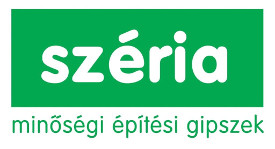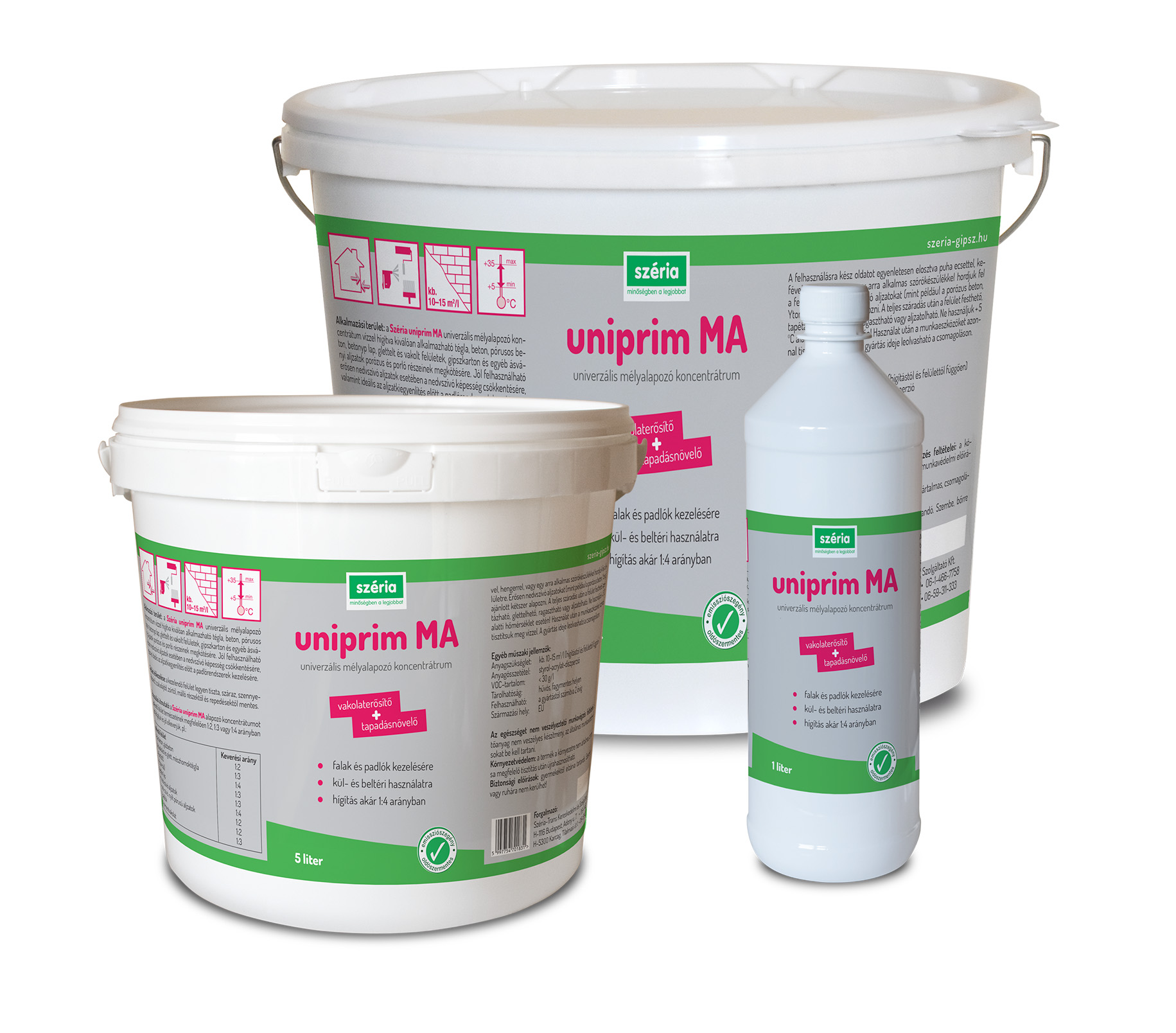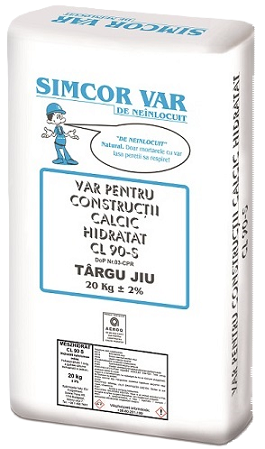Gips
Gypsum – for us it means more than just calcium sulphate
Széria-Trans Kft is a well known and recognized name in the Hungarian gypsum market, owing primarily to its own plaster products for skimming and smoothing, quality plasters of Paris and to its special plasters developed for industrial uses. We have been serving our industrial and commercial partners for 15 years, and they continue to turn to us because they appreciate the reliability and flexibility of the service we offer, and last but not least, our economic independence. The demand for our products in Hungary is proof that our dedication to fostering the rising and growing importance of supplying quality gypsum products in the internal market was not in vain.
Natural compact gypsum deposits in Europe formed close to 250 million years ago. After the inland seas evaporated the saline deposits formed crystalline gypsum masses in layers often exceeding 80 metres. Our ancestors discovered the advantages of gypsum as a construction material a long time ago. In Israel archeologists unearthed flooring made of gypsum in 7000 BC.
Gypsum in its mineral form is found in a crystalline structure that contains chemically bound water. Extracting that mineral produces a substance called anhydrite, which contains very little crystal water, and it is used for the production of cement, concrete and estrich, among other things. The dihydrate, that contains two parts water, is used – after grinding and drying – as an accelerating agent for gypsum-based construction and building materials, and for making glue.
Similar to the most delicious meals made from choice ingredients by a cooking process, gypsum has to be calcinated to turn it into a refined construction material. Calcination is a thermal treatment process to remove water from the dihydrate, to obtain alpha and beta plasters, commonly used for modelling, for making molds for casting, and for dental purposes, as well as base material for various construction products, such as skimming plasters.
Gypsum has become one of the most important mineral-based construction materials. Plasterboards, gypsum-based plasters and skimming mortars, and without calcium sulphate estrich products are essential components of the building industry. Gypsum, as a construction product, is second to none. A natural building component allowing immense creative freedom, which is perfectly suitable for biological aspects in the construction industry. It has excellent properties in terms of climatic conditions due to its porous nature for the absorption of moistures, and to release them when the ambient air is too dry. It is non-combustible and environmentally friendly, and can be easily recycled.
Gypsum represent more than just a universal construction material. It also plays a role in our everyday lives. For example, we come into direct contact with gypsum every morning, since it is an essential component part of toothpastes. Moreover, it is also used by the food industry, for brewing beer, for making pet food, and in addition it is used in the cosmetics and pharmaceutical industries, for making chalks, paper, and sugar, among others, it has excellent properties for use in growing mushroom, and in the agricultural industry for scarifying. The pH-value of gypsum is similar to that of the human skin. This characteristic makes it suitable for use as a splint for breaks, and it is frequently used for making impressions in the dental industry. Each and every human being uses approximately 6 tons of gypsum in a lifetime. Our wish is that this amount will not be increased in your case as a splint for breaks.






